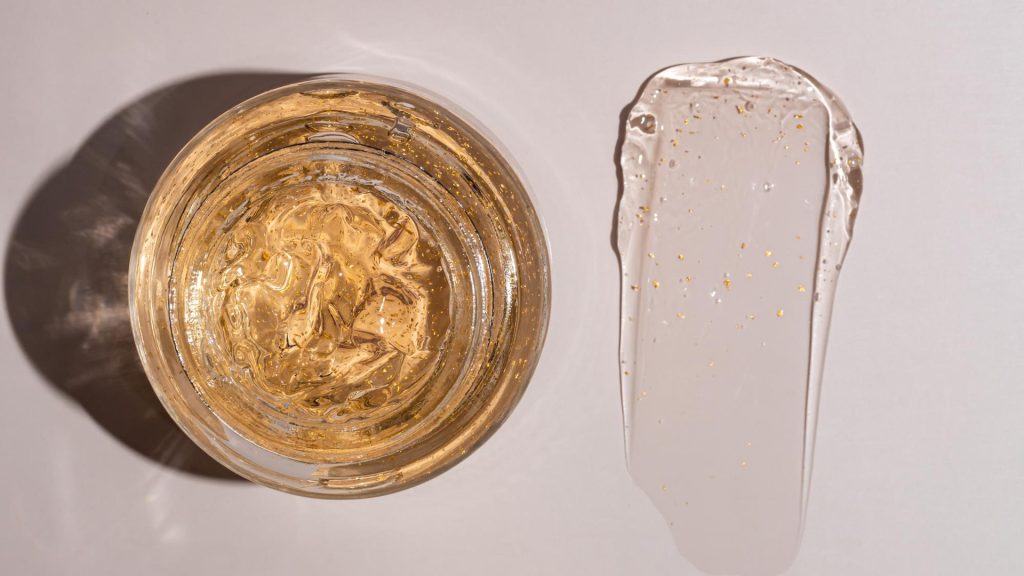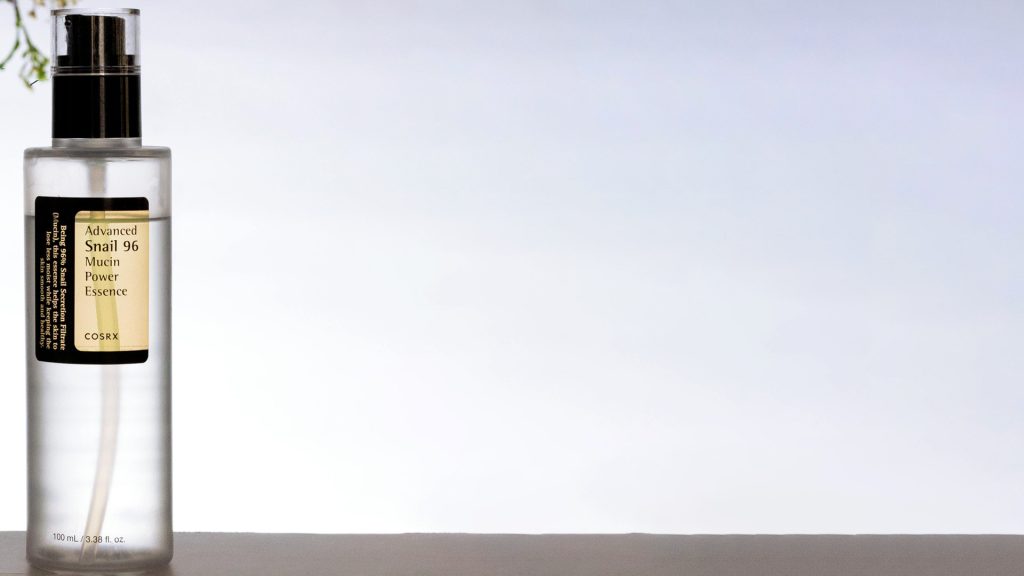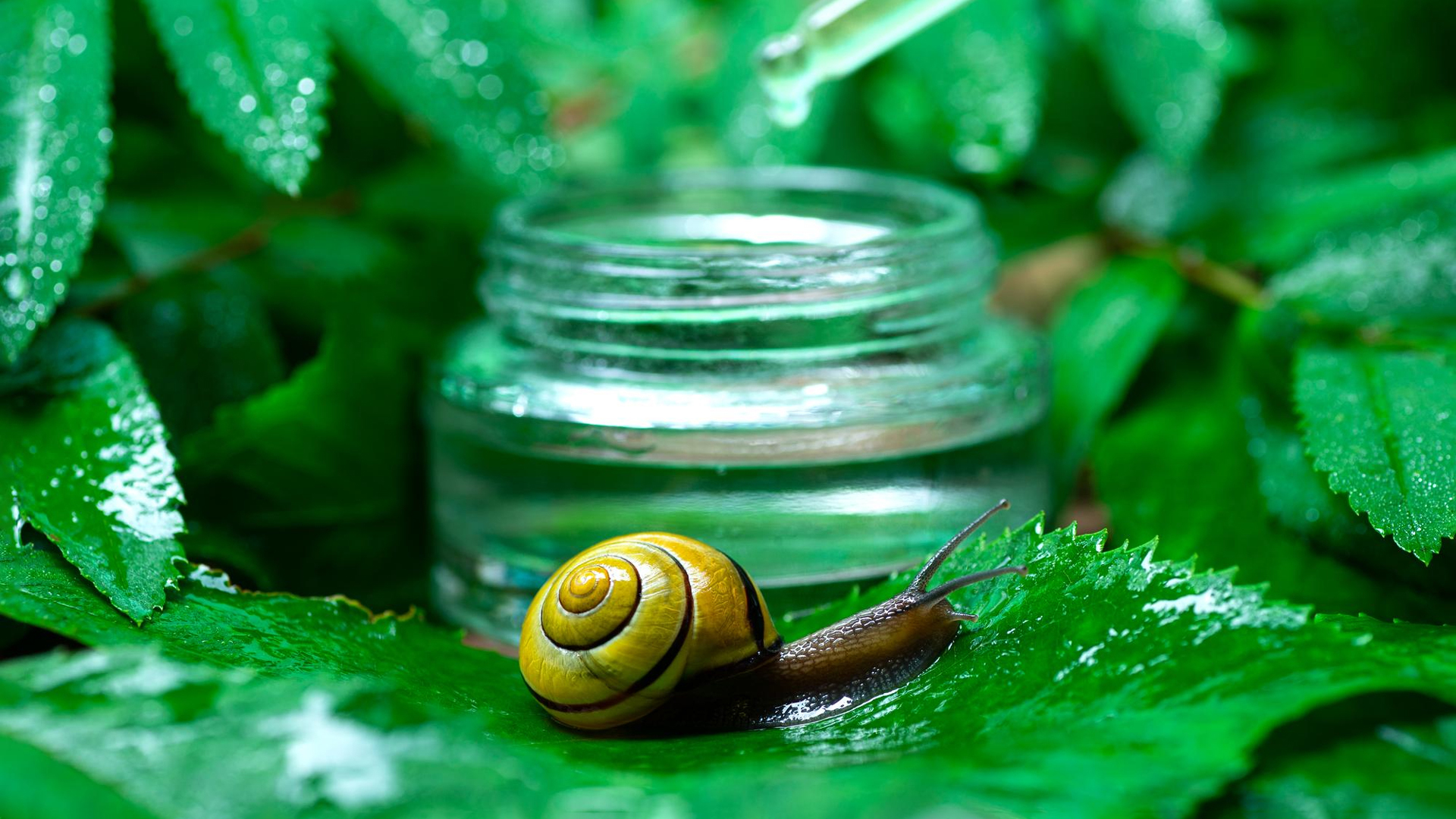There is a changing world regarding skin care products, yet so many products have risen to be so popular nowadays. Those products also include snail mucin, taking over most of the enthusiasts of skincare and beauty professionals. They say it’s for moisturizing and healing properties, where most people do use them for anti-aging as well. But many are curious that is snail mucin cruelty free?
Now if you want to know more about snail mucin production, its benefits and what it actually is read on.
Is Snail Mucin Cruelty-Free?
The term “cruelty-free” traditionally refers to whether or not a product or ingredient is tested on animals in ways that can cause them actual harm or suffering. In today’s gathering, snail mucin is obtained in a process that doesn’t directly inflict any injury on the snails. Therefore, it is often regarded as cruelty-free. One may find various differences between different producers to consult. Check on individual companies to see how they source theirs.
Generally, snail mucin does not harm or kill snails and is not comparable to animal-derived collagen or some types of animal milk. But, coming from an animal source, it might not appeal to all hard-core vegans.
What is Snail Mucin?
Snail mucin or snail secretion filtrate is the liquid produced naturally from snails. It offers protection for snail bodies, repairs wounds, and maintains humidity in the air. In skincare, this snail mucin became popular as it has many benefits. It is said to have protein, hyaluronic acid, glycolic acid, and antioxidants as good ingredients to human skin.
Snail Mucin can be your new best friend now, don’t worry it will take care of your skin.
Why is Snail Mucin So Popular in Skincare?

Today, snail mucin is still a popular ingredient for these unique beneficial properties on the skin:
– Moisturizing – it captures moisture, creating an even better moisturizing compound for drying or dehydrating skin.
– Wound Healing: The proteins in snail mucin assist with tissue repair, and they support soothing inflamed or even damaged skin parts.
– Anti-Aging: It promotes collagen production, which may help reduce fine lines and improve skin elasticity.
– Brightening: Glycolic acid present in snail mucin helps with exfoliation and makes the skin brighten while also giving the impression of smoothness.
With these impressive list of benefits, it would not come as a shock that it has been picked up by so many; however, in a world where most are starting to question ethical animal-derived ingredients, questions arise as to whether acquiring snail mucin is indeed ethical.
How is Snail Mucin Collected?
Snail mucin is collected through processes that are generally designed to keep the snails unharmed. In most cases, snails are placed in environments that encourage natural secretion, such as netted spaces or glass surfaces. These setups allow snails to move about freely, where they release mucin in response to gentle stimulation like mild misting. The secretion is then gathered without causing harm or distress to the snails.
Some farms also prioritize creating a low-stress environment to encourage higher-quality production. They ensure that snails have appropriate food, moisture, and space. Overall, the collection process has evolved to be as snail-friendly as possible. Any stress or harm to the snails would compromise the quality of the mucin.
What Is Snail Mucin Cruelty Free Brands Should You Consider?

Many skincare brands now offer snail mucin products that are ethically sourced and cruelty-free. Here are a few well-known brands that emphasize humane mucin collection methods:
1. COSRX: A popular K-beauty brand, COSRX is committed to sourcing snail mucin cruelty-free.
2. Mizon: Known for its snail repair creams, Mizon also claims to use humane methods for collecting snail secretion.
3. Benton: This brand sources snail mucin without harming the snails. It focuses on ethical, low-stress practices.
These brands not only prioritize being cruelty-free but also stick to ethically gathering snail mucin. Making them safe choices for those concerned about animal welfare.
As Ethical Considerations: Is Snail Mucin Vegan?
Snail mucin is not really that simple to be branded under the heading of vegan products. Snail mucin does not harm snails in any way; this is most definitely an animal-product ingredient. Most vegans avoid whatever ingredient might result from any animal, no matter how poorly the creature was treated when it was harvested.
If you are vegan or prefer to avoid animal sources in products, plant-derived hyaluronic acid or sea kelp can be the best alternative solutions. They provide moisture in a product without using animals.
Frequently Asked Questions (FAQs)
Q: How can I tell if a brand’s snail mucin is cruelty-free?
A: Look for brands that clearly state their sourcing practices. By checking their website, product labels, or reaching out to their customer service can also provide clarity.
Q: Can snail mucin be considered vegan?
A: No, snail mucin is not vegan because it is an animal product. Even though snails are not harmed, veganism excludes all animal products. This makes vegans choose plant-based alternatives.
Q: Is snail mucin considered cruelty-free?
A: Yes, in most cases, they can be considered cruelty-free if the collection process doesn’t harm or distress the snails. However, practices can vary by different producer.
Q: Are snails harmed while collecting snail mucin?
A: Snail mucin is mostly collected without harming the snails. Many farms keep snails in a safe, natural environment.
Slippery Truth Of Snail Mucin
Using snail mucin could be your personal choice that balances out the values with your skin care goals. As snail mucin is sourced humanely, it can be great for those who prioritize cruelty free ingredients. Having lots of benefits like hydrating, healing, and anti-aging makes it fantastic for skin care routine.
Just remember to check what a brand practices. Look for clear statements on cruelty-free collection methods to feel confident in your choice.

